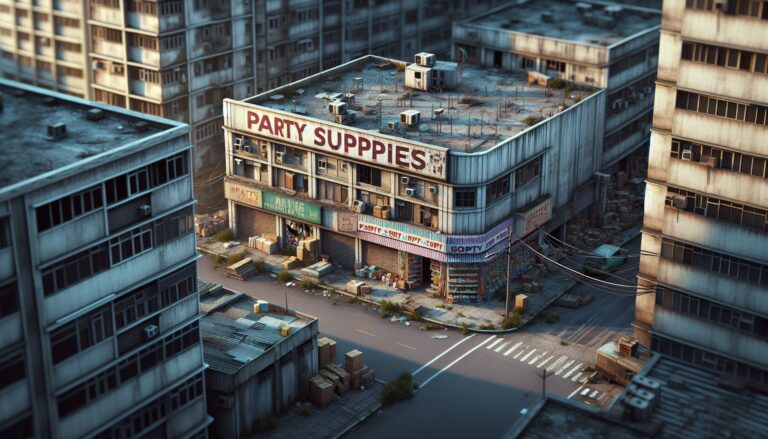Argomenti trattati
In a significant shift within the retail landscape, Party City has announced its complete shutdown after 40 years of operation. This closure not only marks the end of an era for the party supplies giant but also paves the way for competitors like Five Below and Dollar Tree to step in and capture the market share left behind. As consumers increasingly seek affordable options for celebrations and gatherings, the timing of this transition could not be more critical.
Understanding the impact of Party City’s closure
Party City, once a household name for party supplies, has faced mounting challenges over the years, culminating in its recent bankruptcy filing. The company, which boasted over 700 stores, struggled with financial losses exacerbated by inflation and debt. In December 2024, the retailer announced significant job losses and widespread store closures, signaling a dire situation for its employees and loyal customers alike. The decision to wind down operations was described by CEO Barry Litwin as a necessary step to address the company’s unsustainable financial trajectory.
Emerging competitors: Five Below and Dollar Tree
As Party City exits the scene, Five Below and Dollar Tree are positioning themselves to fill the void. Five Below’s proposed acquisition includes 44 stores, with an upfront payment of $2 million and additional incentives for lease agreements. Meanwhile, Dollar Tree has put forth a more ambitious plan, aiming to acquire 148 stores for a $1 million upfront payment. Both companies are leveraging Party City’s downfall to expand their footprint in the discount retail sector, catering to budget-conscious consumers looking for affordable party supplies.
The broader retail landscape: A wave of closures
Party City’s closure is part of a larger trend affecting various retailers across the nation. Joann, for instance, plans to close 500 stores as part of its bankruptcy restructuring, while other brands like Volcom and JCPenney are also shuttering locations. This wave of closures highlights the ongoing challenges faced by brick-and-mortar retailers in an increasingly digital marketplace. As consumers adapt to new shopping habits, the demand for affordable, accessible options remains high, creating opportunities for discount retailers to thrive.
In conclusion, the closure of Party City not only signifies the end of a well-known brand but also opens the door for new players in the discount retail market. As Five Below and Dollar Tree step up to meet consumer needs, the retail landscape is poised for transformation, reflecting changing shopping behaviors and economic realities.

